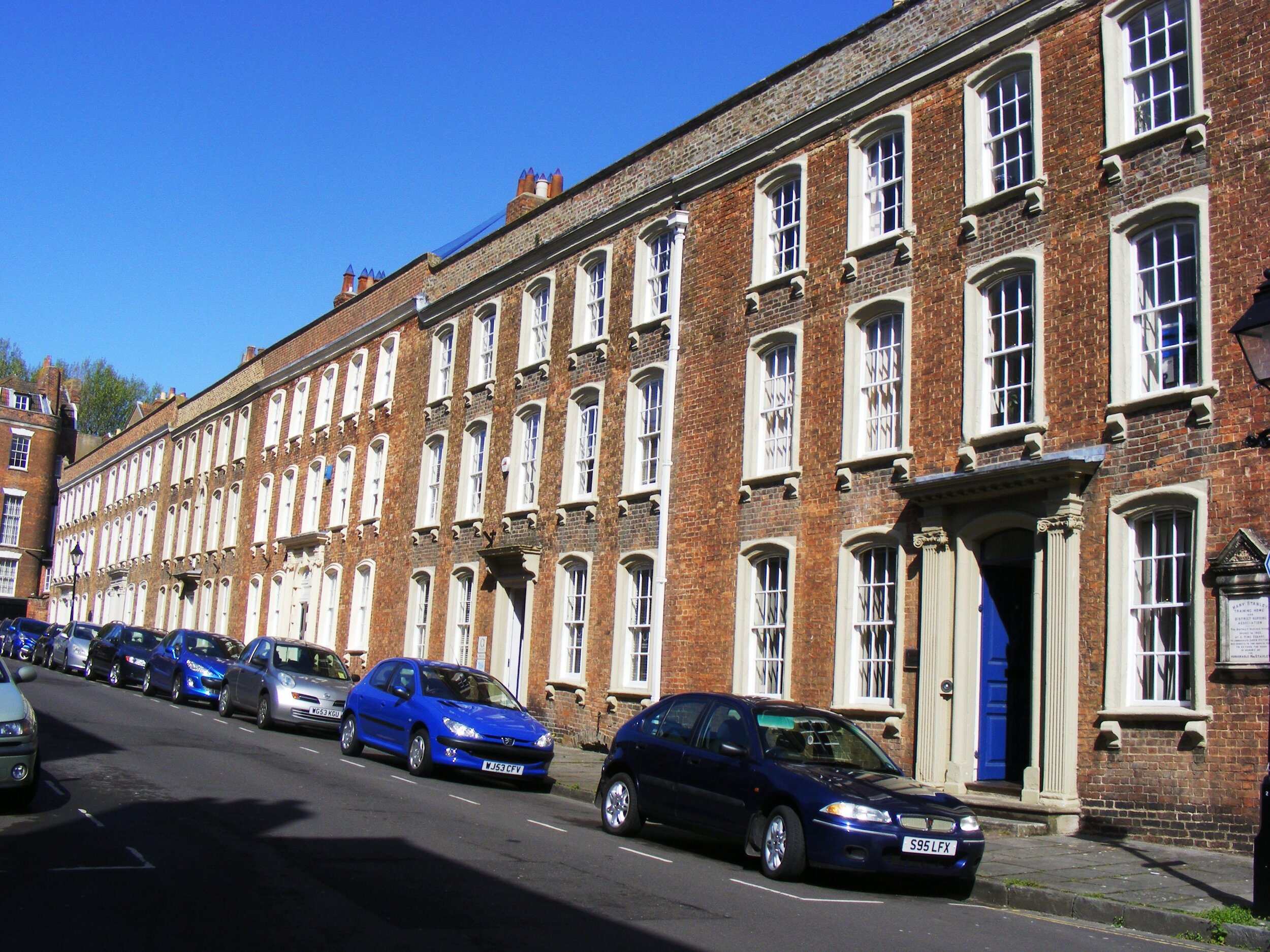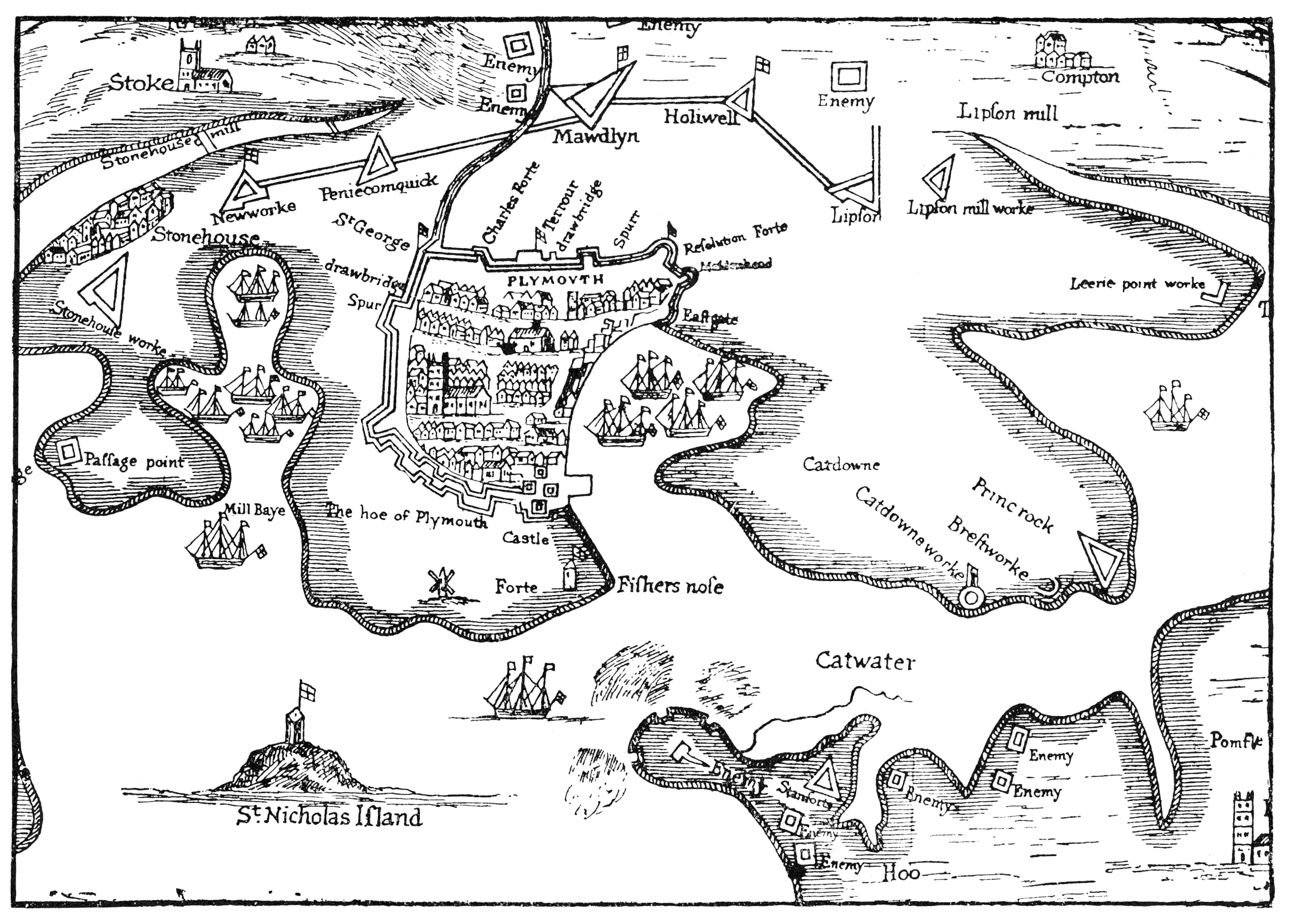From mayor to meat market. Getting elected in the 18th Century.
An accessible podcast on Jon’s academic book Partisan Politics – looking for consensus in Eighteenth-Century Towns (Exeter University Press 2021). See Publications page on this website for 45% discount.
It is still wrongly but commonly thought that in the 18th Century the gentry bought their way into a parliamentary seat, mainly by purchasing land, or by gaining the approval of some unrepresentative local patron who had the borough in his pocket. You've heard of pocket boroughs, and rotten boroughs? Well, Jon's 1985 doctoral thesis, researched entirely from local documents rescued from mouldy parish chests and corporation vaults, contradicted so many of the leading historians of the day so baldly that although Jon was awarded his doctorate he could never publish. But NOW that the old orthodoxy has collapsed and everyone agrees with Jon, he’s been able to bring out his book updated with all the latest scholarship. It’s a world of lively – not to say riotous, overheated, rumbustious, often embittered, endlessly partisan, endlessly changing and challenging - local politics. What reading the local records tells us is that it was a world of lively local democracy.
Enjoy the podcast!












At least until the 1990s historian Lewis Namier’s shadow loomed so heavily over the 18th century that that period – unlike any other - was still being written largely from the papers of central government and the gentry. Historians still considered the period, in the title of a well-thumbed textbook, the ‘aristocratic century.’ But now that the old Namier orthodoxy has collapsed and everyone agrees with what Jon discovered back in 1985 researching his doctoral thesis, Jon’s been able to bring out his book. It shows just how far the ordinary people of eighteenth century Britain ran rings around the gentry and aristocracy and ran things for themselves.
